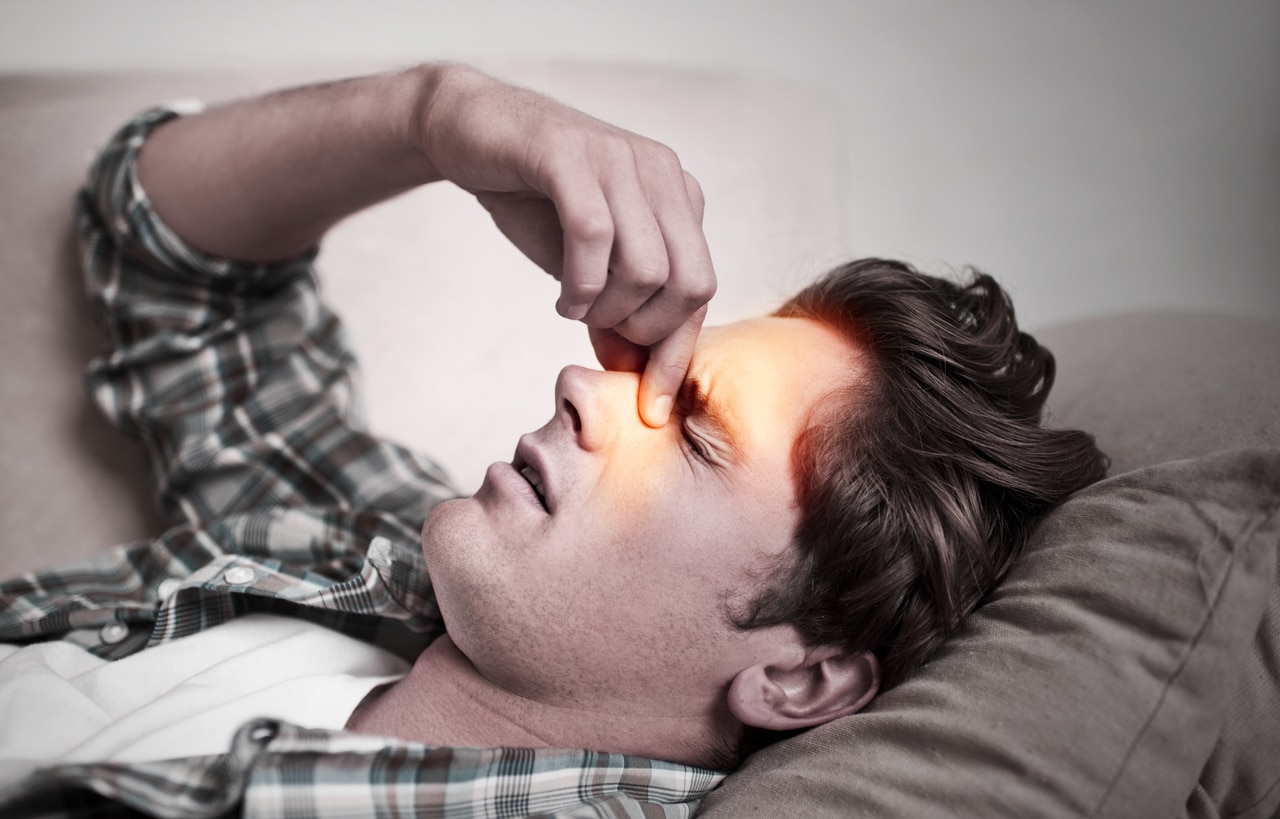Sinus infections are a leading health complaint in physician visits in the United States, with approximately 73 million restricted activity days in sinusitis patients in one year. Symptoms of sinusitis may include but are not limited to:
- Congestion
- Runny nose
- Tenderness, swelling and pressure around your eyes
- Ear pressure
- Headache
- Poor sense of smell
- Cough
- Fatigue
- Fever
- Aching in your teeth
Knowing how to treat sinusitis can get you back to enjoying breakfast with your friends at Sweet & Savory. Sinusitis symptoms will vary, and treatment will often depend on the severity of the condition. Let’s take a look at a couple of treatment options, including:
- Surgical remedies
- Home remedies and over-the-counter medications
Surgical Treatment Options

If sinusitis is chronic or severe, and medication has been ineffective, your ENT specialist may recommend surgical options, including balloon sinuplasty and functional endoscopic sinus surgery (FESS). Let’s take a closer look at each of these:
- Balloon Sinuplasty. Performed under general anesthesia, balloon sinuplasty involves threading a guide wire into the sinus cavity and following it with a small balloon. The balloon is then inflated to clear any obstructions in the sinus opening. This may be done more than once to allow for better sinus drainage. A study reviewing the effectiveness of balloon sinuplasty found symptom improvement in 85% of patients for the first week.
- Functional Endoscopic Sinus Surgery. Performed under general anesthesia, the surgeon will thread a thin camera rod into the sinuses to identify the source of the blockage. Special instruments are then used alongside the endoscope to remove the blockage. Studies following patients for an average of 18 months after FESS have found a success rate of 80-90%.
For non-chronic sinusitis, some home remedies and over-the-counter medications can be effective.
Home Treatment Options
For minor cases of sinusitis, some home remedy options include:
- Rest. Resting a little more than usual allows your body to start healing itself. Sleep with your head and shoulders slightly elevated to relieve sinus pressure.
- Steaming. Steaming can help clear your sinuses. Try breathing in steam from a shower, face steamer or hot water bowl.
- Nasal Irrigation. A sterile neti pot can be used to irrigate your sinuses. Make sure that you’re using purified water and an approved saline solution.
- Warm Compresses. Apply a warm compress to the affected area to help promote drainage and ease sinus pressure.
You may also consider a couple of over-the-counter medicine options if home remedies are not sufficient, including:
- Decongestants. Decongestants can be taken as tablets and sprays and used for up to three days.
- Nasal Corticosteroids. Spraying nasal corticosteroids into your sinuses will help reduce sinus inflammation and pressure.
For help choosing the right sinusitis treatment for you, contact Blue Ridge ENT today to make an appointment with one of our ear, nose and throat specialists.